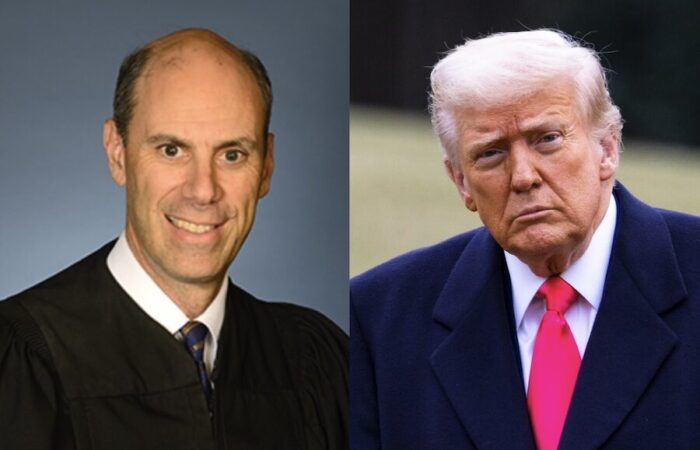The Judicial Conference, which reviews standards and conduct for federal judges, convened during the week of March 11. According to a summary from the meeting, Judge Boasberg raised concerns about the possibility of executive defiance of court rulings, while Chief Justice John Roberts reportedly responded by expressing confidence in the preservation of judicial independence.
Tensions between the judge and former President Donald Trump have previously surfaced on social media, with the former president publicly criticizing Judge Boasberg’s rulings, particularly in cases involving immigration enforcement.
One such case involved a lawsuit filed by the ACLU on behalf of five Venezuelan nationals. Judge Boasberg ruled that the Alien Enemies Act of 1798 did not apply in their situation, stating that the law pertains specifically to “declared” conflicts, a criterion not met at the time in relation to conditions at the southern U.S. border.
Following the public release of internal court memos, the Justice Department’s complaint marks the first formal action taken against Judge Boasberg. Attorney General Bondi’s filing suggests that the judge’s prior statements and rulings may raise questions about impartiality in future proceedings.
While no official outcome has been determined, the situation underscores the complex relationship between the judicial and executive branches and raises broader questions about the boundaries of judicial commentary in politically sensitive cases.
The matter will now be reviewed by appropriate judicial oversight authorities.

